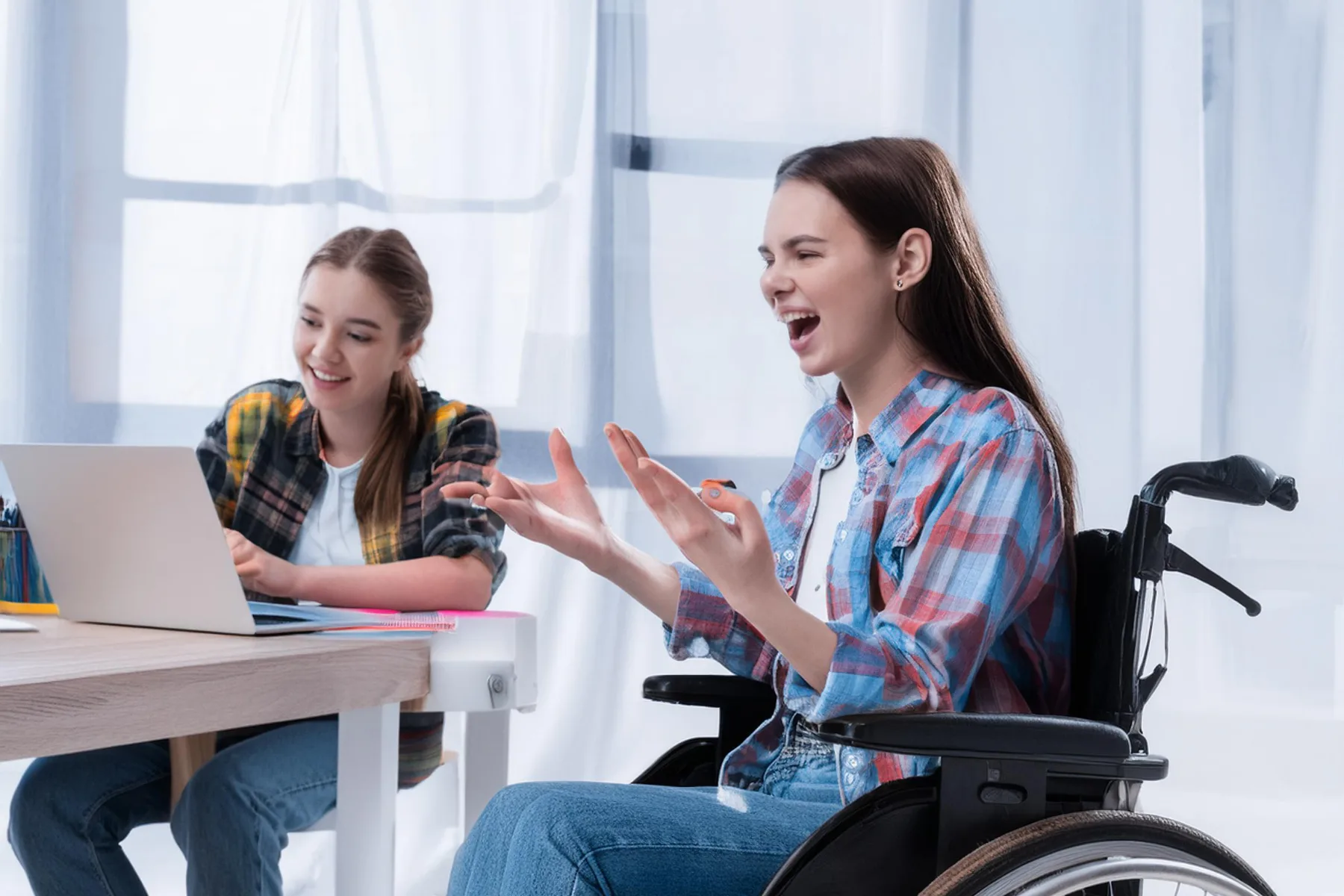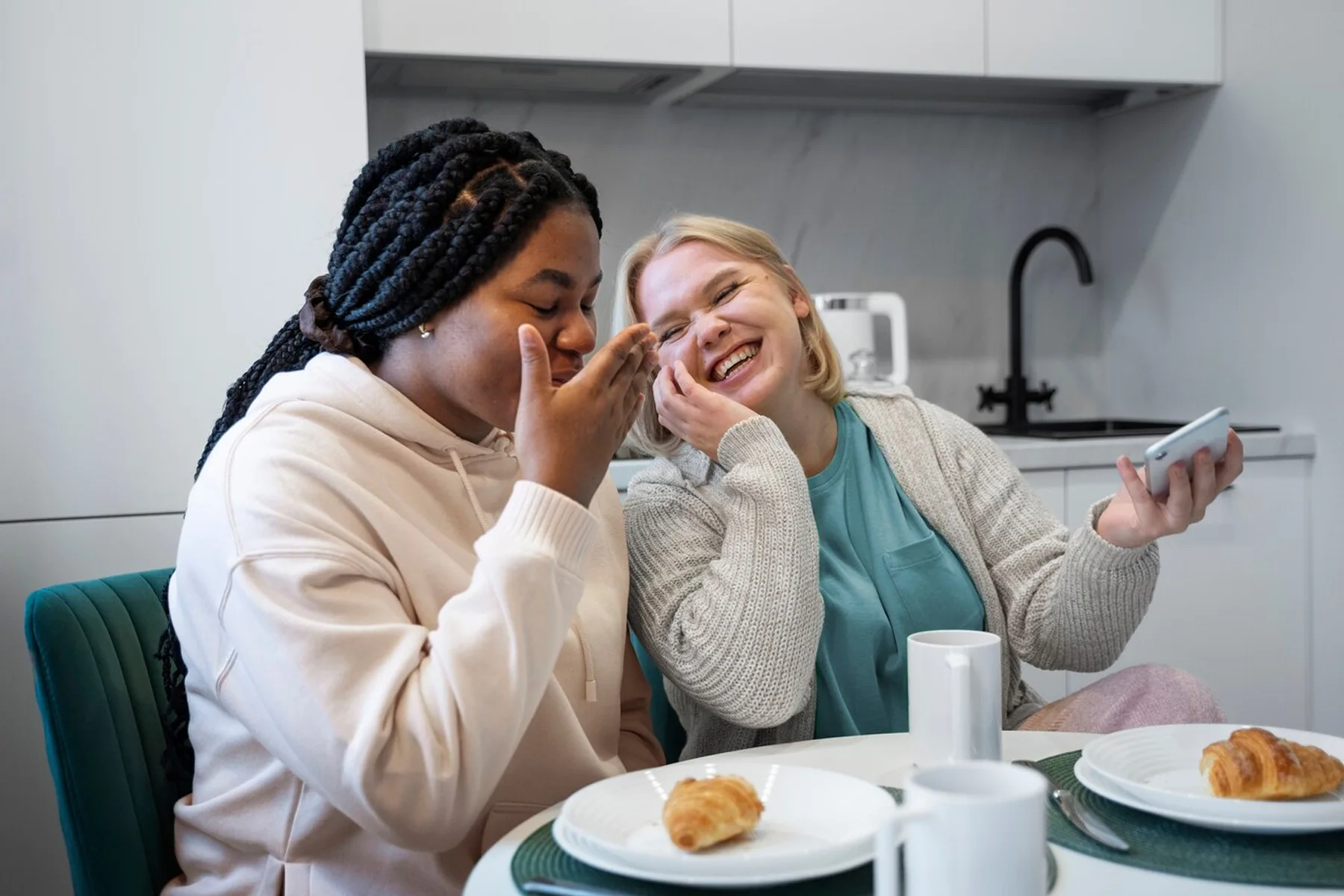Life Skills Development for Adults with Disabilities is particularly important to an adult with disabilities. These skills enable people to lead an independent life, interact with others, and accomplish personal goals. Let us take a look into the significance of life skills development, what sort of skill sets should be developed and how Disability support Melbourne in particular, through RISU Care can come to the rescue.
What do you mean by Life Skills Development?
Life skills are those skills which allow individuals to deal with daily tasks and challenges to be handled effectively. For adults having a disability, these skills could be harnessed in a way that will help these people have more independence and a good quality of life. For example, National Disability Insurance Scheme (NDIS) focuses and recognises the need for life skills in their support programs to ensure independence and participation in the community.
Life Skills
Some of the crucial life skills that make an individual be able to survive and thrive in this world include personal care, household management, and financial management.
Personal Care: Maintaining personal hygiene, dressing and grooming.
Household Management: The ability to prepare meals, clean, and keep up a living space.
Financial Management: How to budget money, pay bills, and maintain bank accounts.
Communication Skills: Interacting effectively with others— both verbally and nonverbally.
Social Skills: Building relationships; understanding social cues; participating in group activities, and community-based activities.
Problem-Solving Skills: Making decisions; resolving conflicts; adapting to new situations.
Employment Skills: Preparing for job interviews, maintaining employment; understanding workplace etiquette.
The importance of life skills development for adults with disabilities includes:
Independence: Improved ability to do activities of daily living in a more self-reliant way.
Confidence: Higher self-esteem through the mastery of necessary skills.
Community Participation: Increased involvement in social, recreational, and employment activities.
Safety: The opportunity to understand how to safely participate in our various environments.
How RISU Care Supports Life Skills Development
RISU Care, based in Melbourne, provides total support services that meet the needs of each individual with a disability. This approach is implemented according to NDIS guidelines in designing opportunities for participants to get resources and training in life skills development (RISU Care).
Personalised Support Plans
RISU Care designs support plans focusing on specific individual needs and goals of the participant. This person-centered approach thus ensures the relevancy and deliverability of the support.
Skill-Building Programs
RISU Care has numerous life skill development programs. They are interactive and hands-on to help learners get first-hand experience in the learning process.
Community Integration
RISU Care understands the vital importance of community integration in activities within their locality and service use. This is not just boosting their social capacity but also injecting an essence of belongingness and community participation.
Professional Guidance
The team of RISU Care is constituted by a bunch of seasoned professionals who, in turn, are going to guide and support the participant all through the process of skill development. They provide high caliber training and assistance to these participants.
Life Skills Development
Personal Care
Hygiene and Grooming: Imparting the value of bathing, dental care, grooming, to be done daily, definitely improves a person’s health and self-image. There could be visual supports, systematic guided steps, and consistent routine that can be used here.
Household Management
Cooking and Meal Preparation: Start with simple cooking classes that guide an individual in preparing healthy meals; gradually expose the individual to more complex recipes as confidence is gained.
Cleaning and Organising: Set a schedule and break activities down into baby steps to take some of the stress out of maintaining order in the home. Visual checklists can help to solidify memory about what needs to be done and how to do it for consistency.
Financial Management
Budgeting and Banking: Tools like software apps or spreadsheets can help manage finances. Teaching to budget their money, save, and spend responsibly are important skills for a life of financial independence.
Verbal and Non-Verbal Communication: The role-playing of many social situations will work to increase communication in social skills. The aspect of physical difficulty with speech will be supported through the use of technology such as a speech-to-text application. Friendship and enhancing social comprehension can be done through group activities and social events. The services regarding social cues are helpful, and guidance on proper interaction should be helpful.
Decision Making
Problem-Solving Skills: Providing a person with real-life scenarios and going through a decision-making process will help enhance one’s problem-solving skills. It is important to encourage them to weigh pros and cons and consider consequences.
Job Readiness
Employment Skills: Exposure to mock interviews, resume writing workshops, and workplace expectations prepares the individual for employment. Partnering with local businesses for job placements can provide practical experience.
Technology Integration in Life Skills Development
Assistive Technologies
Apps and Devices: These are reminders for activities of daily living, management, budgeting, and communication devices.
Online Learning
Virtual Classes: Most life skills, from cooking to financial management, are offered through virtual classes on online platforms. These resources are available to him or her at his or her pace, enabling him or her to keep coming back as often as necessary.
The Role of Caregivers and Support Networks
How caregivers and support networks play a vital role in the development of life skills for an adult living with a disability: Here is how they can be supportive:
Encouragement and Motivation
Positive Reinforcement: Small steps and accomplishments can be celebrated and praised.
Ensuring That the Environment is Supportive of Safety
Creating a Safe Space: So important for the environment to be safe and supportive, for example if an individual is supported with learning new things, it is very uncomfortable not to be able to practice one’s skills. So, goals set need to be developed in collaboration to ensure that they are achievable and, therefore, enabling; hence, learners go on to further develop within this process.
Community Resources and Local Programs
Community Centres: There are usually programs for people living with disabilities in many community centres. These programs can present socialisation opportunities and skill-building workshops.
Government and Non-Profit Organisations
NDIS and Beyond: Taking from the NDIS and any other state or non-profit organisation can additionally assist and sponsor skill development programs (NDIS).
Success Stories
A lot of people have gained from the life skills development programs by RISU Care. Various individuals having intellectual disability were enabled to live independently regarding financial and skill independence through RISU Care assistive support plans. The achievement for various individuals highly increased the confidence and independence.
Life Skill Development as Effective Parameter
Life skill development is an effective parameter of development in disabled support that assists adults with disabilities to lead more independent and fulfilling lives. At Melbourne, with supports like those provided by RISU Care, people are able to gain skills. Most importance is placed on personalised support plans, skill-building programs, community integration, and professional guidance in the provision of the very best assistance possible along the way to independent living. For more detail into how they can help develop life skills, go on over to RISU Care and look at the wide range of services they offer.
1. What is Life Skills Development?
Life skills development refers to the process of acquiring essential abilities that enable individuals to handle daily tasks and challenges effectively. These skills include personal care, household management, financial management, communication, social skills, problem-solving, and employment skills. For adults with disabilities, life skills development is crucial for promoting independence, confidence, community participation, and safety (NDIS).
2. How does RISU Care support life skills development?
RISU Care supports life skills development through personalized support plans, skill-building programs, community integration, and professional guidance. These services are tailored to meet the unique needs and goals of each participant, ensuring effective and relevant support. RISU Care’s approach aligns with NDIS guidelines, providing high-quality assistance to individuals with disabilities in Melbourne (RISU Care).
3. Why is life skills development important for adults with disabilities?
Life skills development is important for adults with disabilities because it promotes independence, enhances confidence, encourages community participation, and ensures personal safety. These skills help individuals manage daily tasks, build social relationships, and achieve personal and professional goals (NDIS).
4. What types of life skills are essential for adults with disabilities?
Essential life skills for adults with disabilities include personal care, household management, financial management, communication skills, social skills, problem-solving skills, and employment skills. Developing these abilities enables individuals to handle daily challenges effectively and lead a more independent life (NDIS).





 RISU Care acknowledges Aboriginal and Torres Strait Islander people as the Traditional Custodians of the land and acknowledges and pays respect to their elders, past and present.
RISU Care acknowledges Aboriginal and Torres Strait Islander people as the Traditional Custodians of the land and acknowledges and pays respect to their elders, past and present.